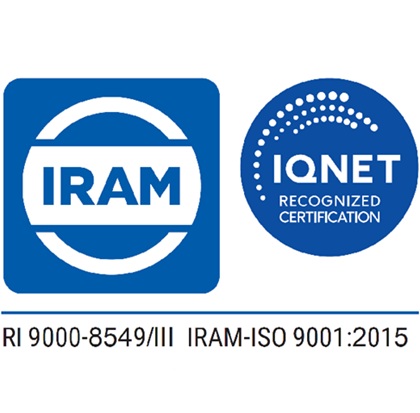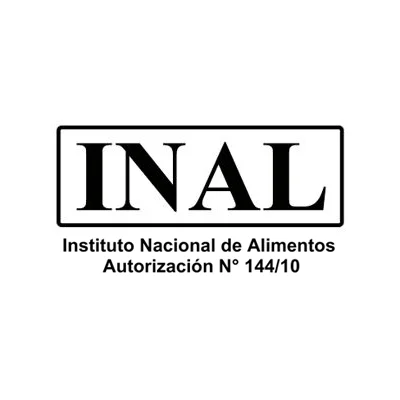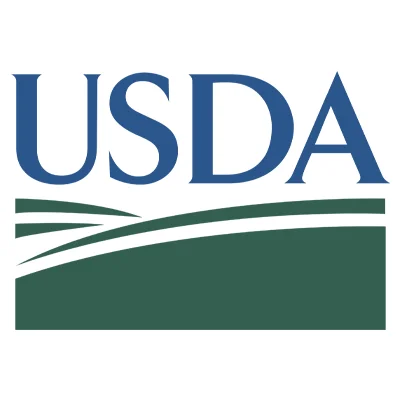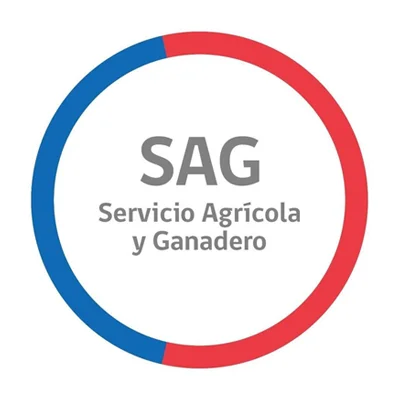The recent suspension of chicken meat exports by Brazil—the world’s largest supplier of the product—has set off alarms in major global markets. The detection of an avian influenza outbreak prompted importing powers such as China, the European Union, Mexico, and Chile to pause their purchases from the neighboring country, creating a void that represents a major opportunity for Argentina.
In this new scenario, our country is repositioning itself as a reliable supplier, thanks to its favorable sanitary status. Additionally, SENASA’s decision to proactively restrict Brazilian poultry imports serves both as a warning and an opportunity: it opens a window for Argentina to take a leading role in the global chicken meat market.
In this context of the current avian influenza health emergency, Argentine control bodies remain active and coordinated to mitigate sanitary risks and protect production. SENASA, through Resolutions No. 147/2023 and No. 1699/2019, establishes a specific regulatory framework for such contingencies, ensuring epidemiological surveillance, biosecurity, and rapid responses to potential outbreaks. These measures reinforce international confidence in the sanitary quality of Argentine products—a key factor in sustaining and expanding poultry exports in the current global context.
To capitalize on this favorable context, it’s not enough to have available production volumes or current sanitary authorizations. Today, the real competitive edge lies in logistics. And in that regard, it’s important to dispel the myth that customs dispatches must take place exclusively in Buenos Aires or Entre Ríos.
Producers in the central, western, and southern regions of the country can operate efficiently from integrated logistics centers in Mendoza, which offer direct access to the Pacific through the bioceanic corridor. This alternative route reduces time and allows for greater merchandise turnover, optimizing traceability and responsiveness to demanding markets.
Companies like Grupo All In, based in Mendoza, have developed a logistics ecosystem capable of responding with agility and efficiency to these challenges. Operationally, the role of DeFiMen (refrigerated customs warehouse) is essential to ensure that goods meet the requirements of international markets, especially when it comes to sensitive products like poultry meat. In this regard, Lorena Hervas, manager of the DeFiMen customs warehouse, emphasizes:
“We have infrastructure specifically designed for operations that require a continuous cold chain, strict sanitary control, and traceability. We have refrigerated chambers with real-time monitoring, procedures validated by SENASA, and trained staff to handle high sanitary risk products. Today, we are able to efficiently and safely handle operations arising from this situation, both for regular exporters and for new players seeking to take advantage of this commercial window.”
On its seven-hectare site, Grupo All In includes:
-
11 refrigerated chambers with a capacity of 14,900 m³
-
Refrigerated customs warehouse (DeFiMen)
-
Freight forwarder based in Chile (TACSA)
-
International land transportation (INLAND)
This integrated logistics model allows for:
-
Cold storage and consolidation, meeting the sanitary and phytosanitary requirements of destinations such as the EU and Asia
-
Immediate customs clearance, shortening deadlines
-
Efficient crossing via the bioceanic corridor to Chilean ports
-
Guaranteed traceability throughout the export process
Growing Exports and Encouraging Signs
The international situation comes at a time of sustained recovery for Argentina’s poultry sector. According to Lorena Hervás, General Manager of DeFiMen:
“During the first months of this year, Argentine poultry meat exports have shown solid performance. Despite some normal fluctuations in volumes and values traded, the sector has managed to maintain a good pace of placement in international markets. There is a consolidation of strategic destinations and a strengthening of our product positioning abroad, which is the result of a joint effort between producers, exporters, and foreign trade operators.”
Argentina already exports poultry meat to destinations such as China, Saudi Arabia, the United Arab Emirates, South Africa, Chile, and Peru, among others. With Brazil temporarily out of the game, real possibilities arise to supply markets like the European Union and Mexico, as well as to strengthen presence in Asia.
The avian influenza outbreak in Brazil represents a significant disruption in global trade, but also a strategic window for Argentina to showcase its logistical, sanitary, and productive capabilities.









